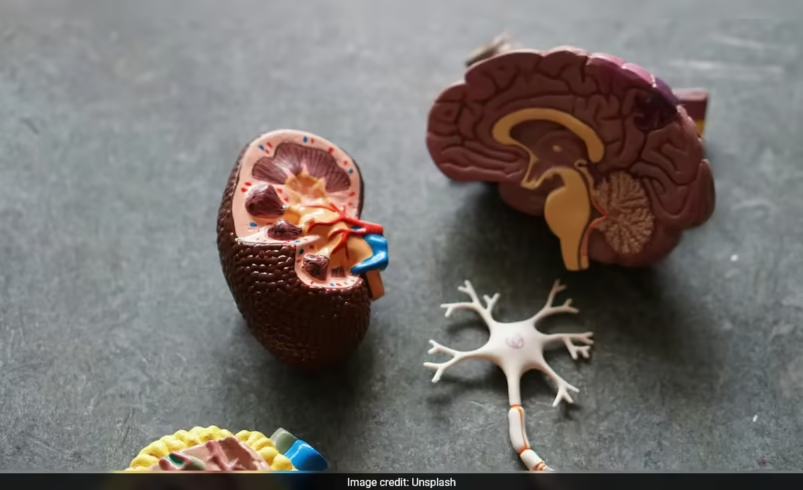Rising Kidney Damage in Children: Essential Insights for Parents
- July 11, 2025
- 0

The increasing incidence of kidney damage among children is a growing concern worldwide. Recent data from the United States Renal Data System (USRDS) highlights a troubling trend: while kidney failure rates are rising among adults, the occurrence of Chronic Kidney Disease (CKD) in children has surged alarmingly over the past two decades. This condition, traditionally associated with older adults, is now affecting younger populations, prompting experts to urge parents to be vigilant about their children’s kidney health.
Chronic Kidney Disease can lead to severe health issues, including kidney failure and an elevated risk of cardiovascular diseases. It can also hinder growth and development in children and increase their vulnerability to infections, especially those undergoing dialysis or who have had kidney transplants. Congenital kidney disorders, such as multicystic dysplastic kidney and posterior urethral valve obstruction, are present at birth and contribute to this growing problem.
Modern dietary habits, characterized by high salt, sugar, and processed food intake, are linked to early kidney damage. Dr. Sushmita Banerjee emphasizes that prolonged diet imbalances, coupled with reduced physical activity and increased screen time, can lead to obesity and metabolic syndrome. These conditions are associated with diabetes, high uric acid levels, and hypertension—known risk factors for kidney disease.
Environmental factors like air pollution and exposure to toxins in soil and water also pose significant risks for CKD. Additionally, rising global temperatures can exacerbate these issues by causing chronic dehydration due to inadequate water intake.
Parents should be alert to early signs of kidney disease in children, such as puffiness around the eyes, ankle swelling, frothy urine, poor growth, high blood pressure, or low haemoglobin levels. These symptoms can be subtle and easily mistaken for other childhood ailments.
Experts recommend several preventive measures to protect children’s kidney health. A balanced diet rich in fresh and traditional foods is crucial. Parents should ensure their children drink plenty of water, especially in hot weather or after exercise. Regular physical activity is essential to prevent obesity. Routine medical check-ups, including annual blood pressure monitoring for children over three years old, are advised. Additionally, avoiding over-the-counter medications that may harm the kidneys is important.
Children with known risk factors for CKD require special attention and monitoring to prevent long-term complications. Early detection and lifestyle adjustments can significantly reduce the risk of chronic kidney issues and promote healthy development.